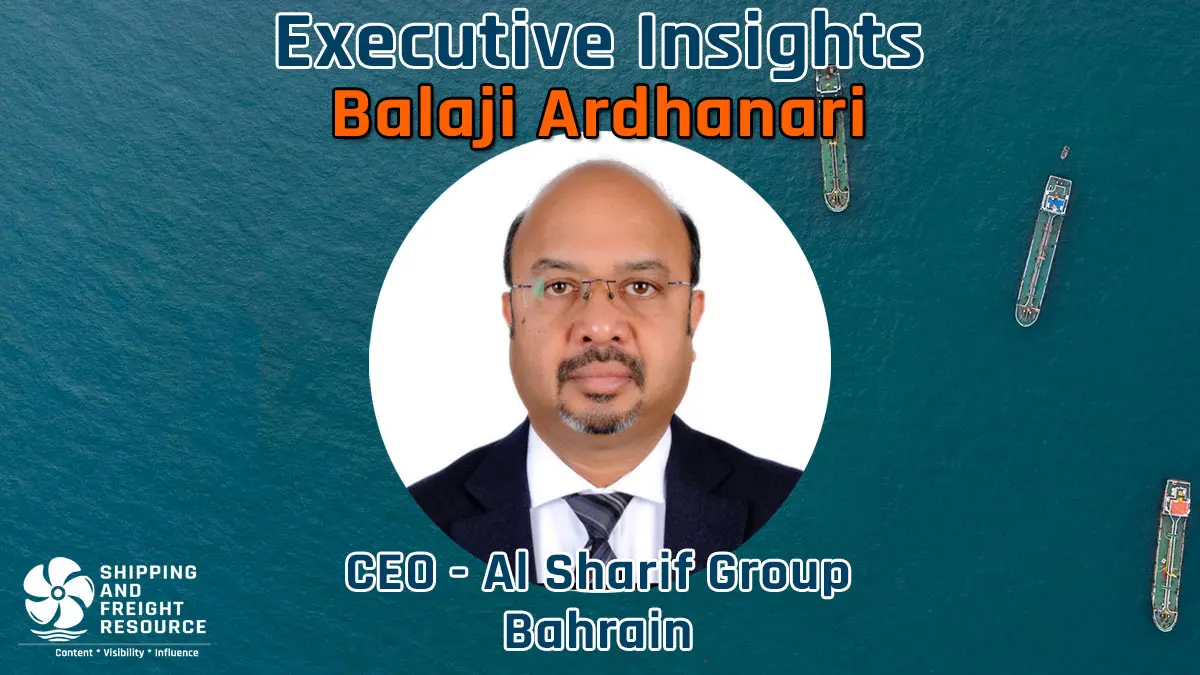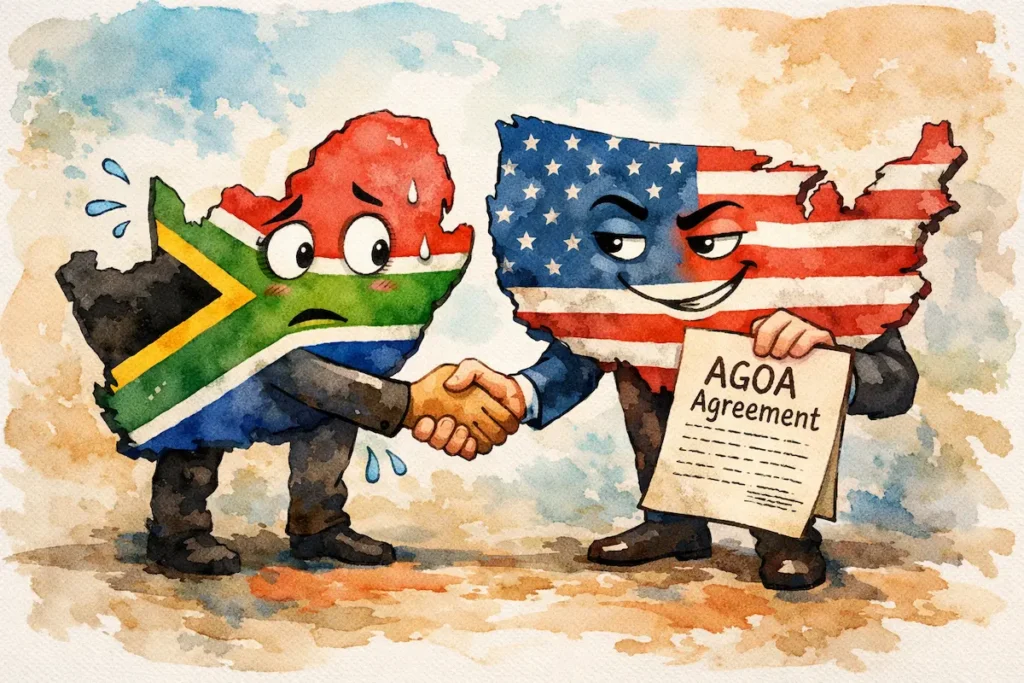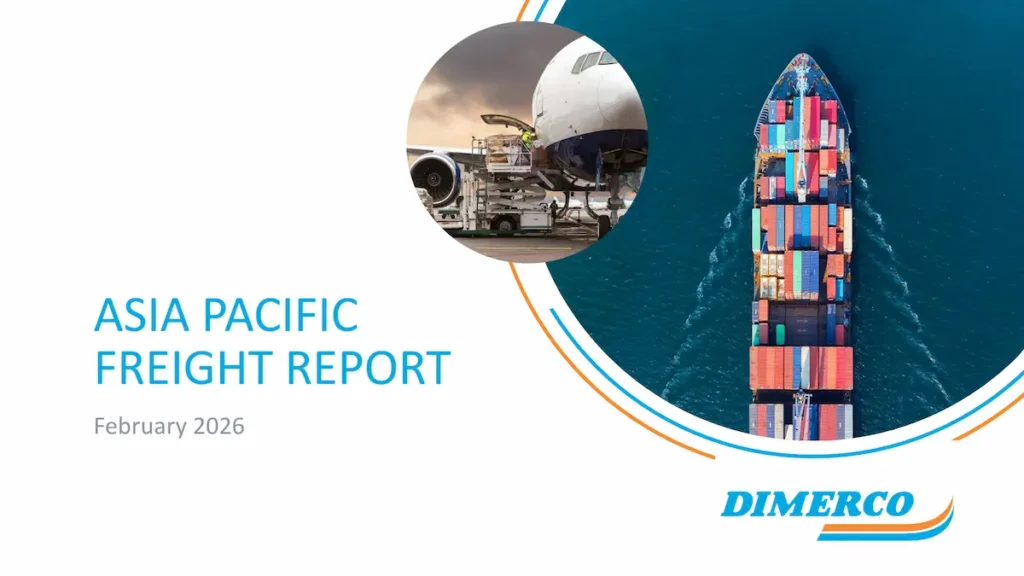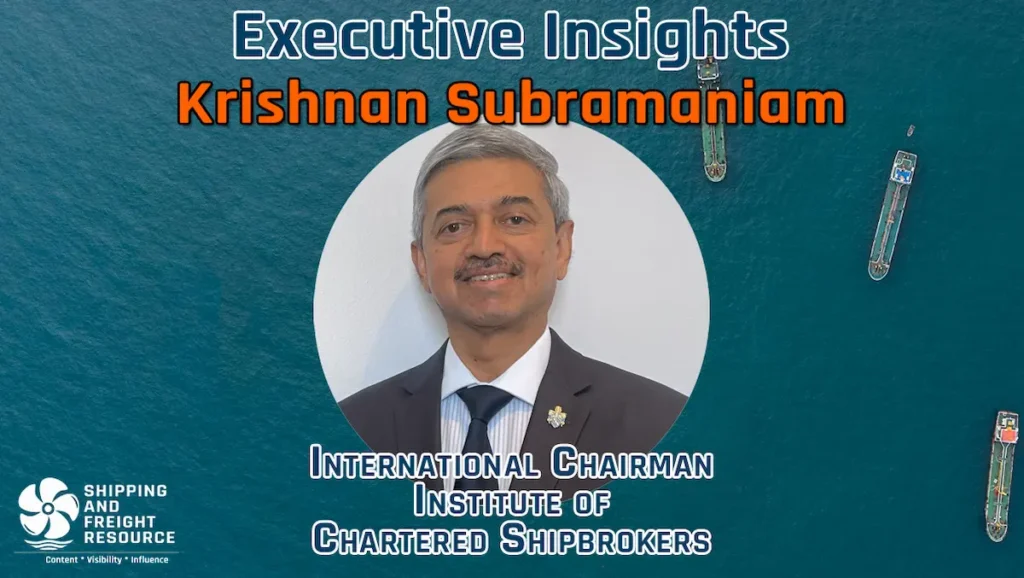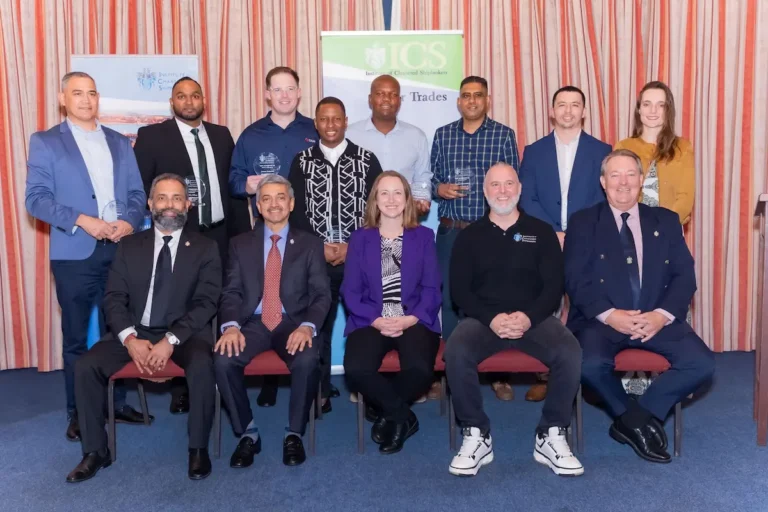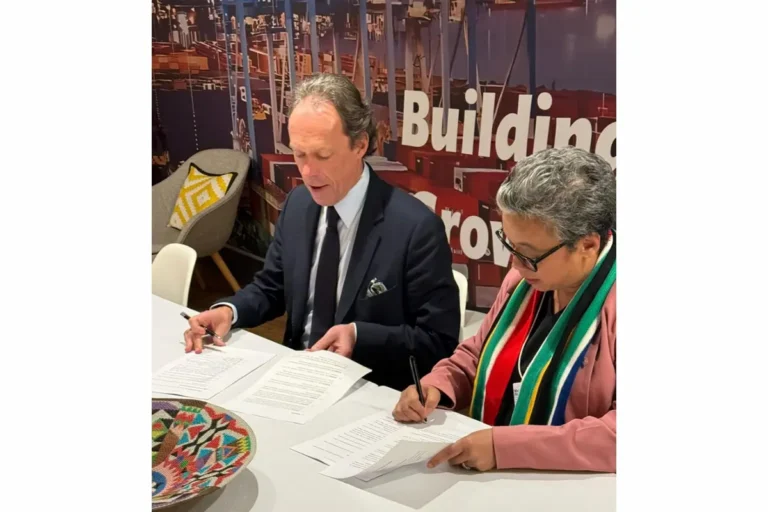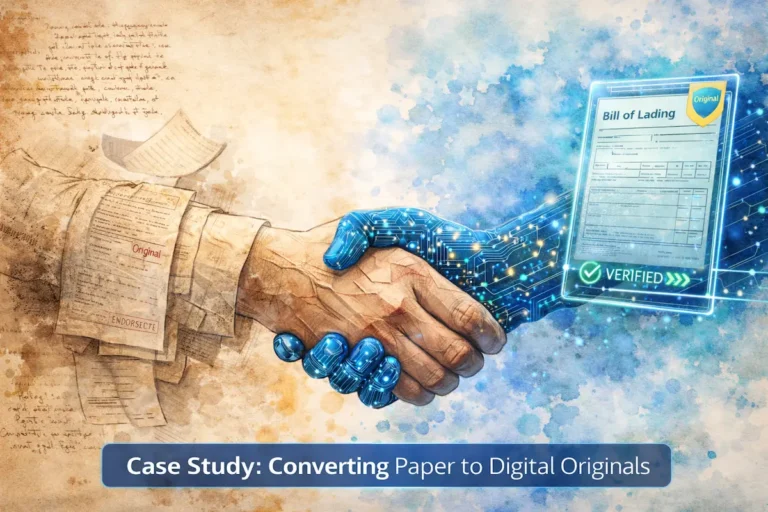Businesses in shipping and logistics are constantly navigating turbulence and disruptions in various forms, geopolitical uncertainty, digital transformation, and the never-ending demand for resilience..
For companies with more than a century of history, the challenge is even greater – how do you balance legacy with innovation while staying relevant in a volatile industry..??
To explore this, I sat down with Balaji Ardhanari, CEO of Al Sharif Group in Bahrain, a company with an impressive 135-year legacy in maritime services, as part of my Executive Insights series..
In an open and wide-ranging conversation, Balaji shared his perspectives on legacy, leadership, resilience, digitalisation..
Also, why, even in an era of technology, “relationships” remain the ultimate differentiator..
SFR: 135 years in business and that too in the business of shipping, is a great achievement, highlighting the resilience of Al Sharif Group.. What, in your view, is the biggest strength of the Al Sharif Group that has allowed it to excel in this business..??
BA: “We’ve kept it very simple. The foundation is built on trust and relationships.”
He went on to emphasise that longevity in such a volatile industry is not about complicated formulas but about consistency in values:
“We are a people-centric organisation. Being in the service industry is all about the people we have and what they’ve done over the years. Many people have contributed significantly over the last 135 years. That is the real strength.”
For Al Sharif, old-school values of trust and people remain the cornerstone that has helped the group weather decades of disruptions and change.
SFR: You are no stranger to legacy yourself, having been in the industry for around 40 years.. Give us a brief of how you started and how you ended up heading one of the premier organizations in shipping in the Middle East..
Balaji: “It was a very humble start in 1988 with United Line Agencies in Chennai as a sales executive. Before that, I had never even seen a container box closely.”
He recalled how exciting those days were as he discovered shipping for the first time.. After three years in Chennai, an opportunity opened in Dubai that would prove pivotal:
“I was fortunate enough to work with a very strong shipping group in Dubai for 20 years. That’s exactly where I learned the nuances of shipping and international trade. Dubai was and still is an international market, so that exposure shaped me. Whatever I’m doing today is all because of the foundation and the learning that came with me in those years.”
SFR: What supply chain crises and disruptions teach you about leadership in the industry..??
Balaji: “COVID once again took us back to basics. To get all the things we have learned, we had to unlearn. That was a great learning curve.”
He noted that the pandemic forced organisations to quickly rethink their ways of working:
“We had to quickly change our ways of working and do things differently. The supply chain was key to keeping each and every location in every country afloat. We all saw the kind of challenges that came, disruption to services, transit times, costing, planning, promises to customers. But resilience is the key. As long as we are able to find a viable, workable, acceptable solution, customers do understand.”
His takeaway: adaptability, resilience, and transparency with customers are now non-negotiable qualities in supply chain management.
SFR: Who have been your mentors and biggest influences..??
Balaji: “My 20-year stint in Dubai taught me a lot. My master mentor Mr. Shyam Kapur hand-held and tutored me on many occasions. That was a privilege in those days.”
Beyond professional mentors, he credited his family values for shaping his outlook:
“My uncle once told me: if you want to be in business, no matter what, you have to let the ego go. There will be situations where you may have to swallow your ego and look at the bigger picture—the company’s interest and the customer’s interest. As long as you can keep that in mind, you will succeed.”
He added that working with great bosses reinforced lessons of discipline, humility, and responsibility.
SFR: The shipping industry has changed drastically since the late 1980s. What, in your view, will never change..??
Balaji: “Customer connect. Standing with a customer, understanding a customer. Technology will come, technology will go, but we live on customer connect and relationships. That’s something never going to change, and I will never compromise it for anything.”
To illustrate how far the industry has come, he shared a personal memory:
“In 1988, a 2,750 TEU vessel was an ocean-going mother vessel. That was a big deal at the time. Today, vessels are ten times that size. But no matter how big ships get or how advanced technology becomes, the essence of this industry is still the same—being there for your customer.”
SFR: How can companies bridge the gap between legacy practices and modern business models..??
Balaji: “You have to change according to market circumstances. You take your past experience like a bank, and use that savings along with new learning to build current solutions.”
He explained that while legacy experience is invaluable, it should never be used as an excuse to resist change:
“I want to keep my experience, but I also want to be learning everything. If I stay in the past, I’ll be left behind. You cannot forget your experience, but you also cannot afford to stop adapting. Technology, communication, customer demands—all of it is changing so quickly. You have to evolve.”
SFR: What is your perspective on AI and technology in shipping..??
Balaji: “Technology is a double-sided weapon. When the internet came, we thought jobs would be lost—but what happened? These are evolving technologies. We must see how best we can use them to improve productivity.”
“There are so many mundane and repetitive processes that can be captured by modern technology. If we let AI handle those, we can use our people for creativity and customer relationships. It’s about how you use it, without losing your creativity.”
SFR: Finally, what advice would you give the next generation entering this industry..??
Balaji: Only three things: relationship, relationship, relationship. Nothing else is going to matter. I am reminded of an early lesson from his mentor – “Why will your mother do anything for you? Because of your umbilical cord relationship with her. Customer relationship is exactly like that. As long as you cultivate meaningful, honest, worthy relationships, everything will be manageable.”
Conclusion
Balaji Ardhanari’s reflections highlight a paradox at the heart of modern shipping: while technology and scale keep accelerating, the most enduring advantage is still the simplest – trust, humility, and relationships..
You can view the full interview with Balaji Ardhanari below..

